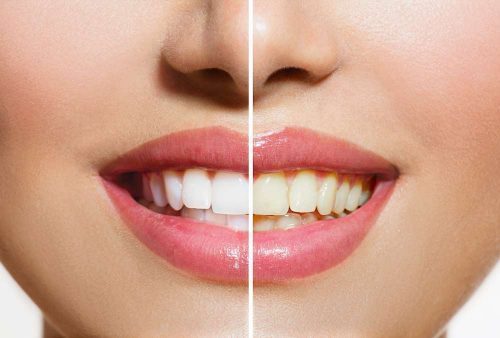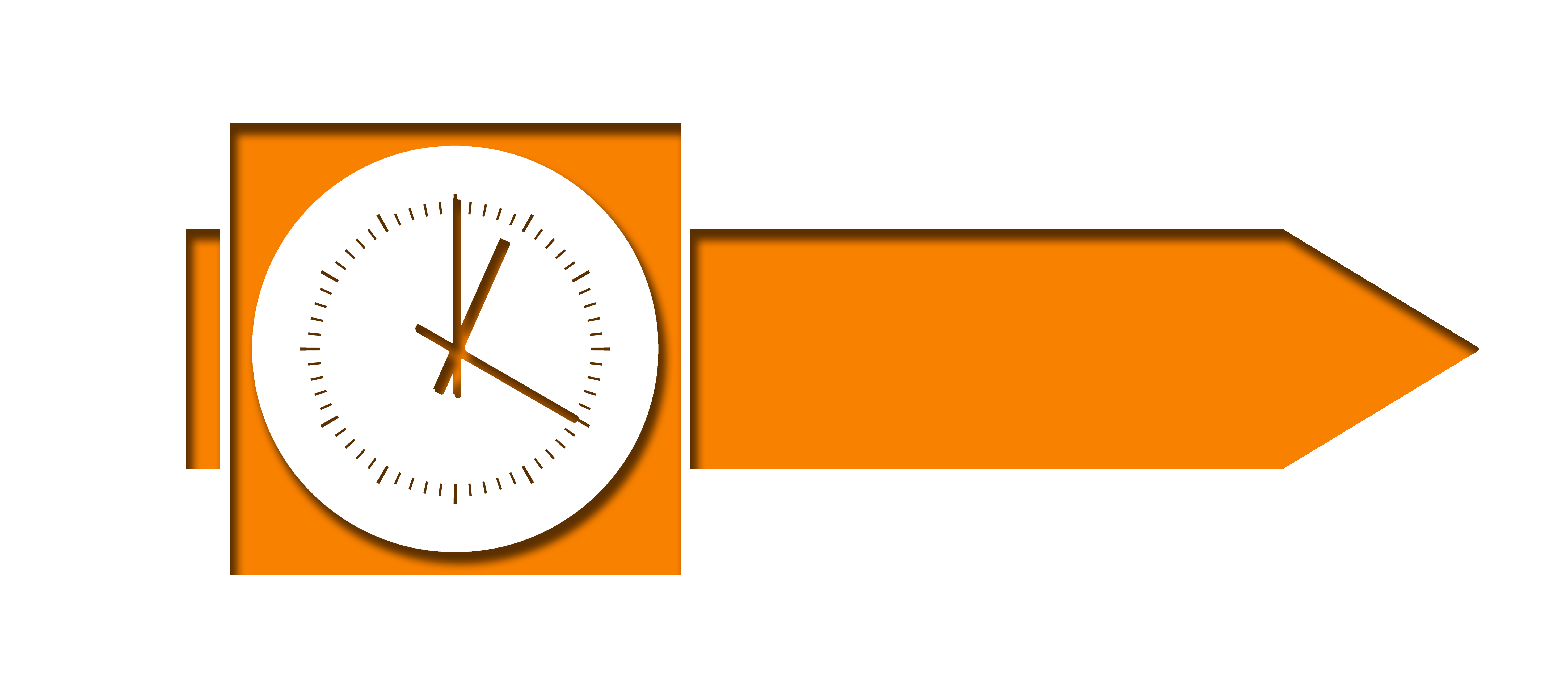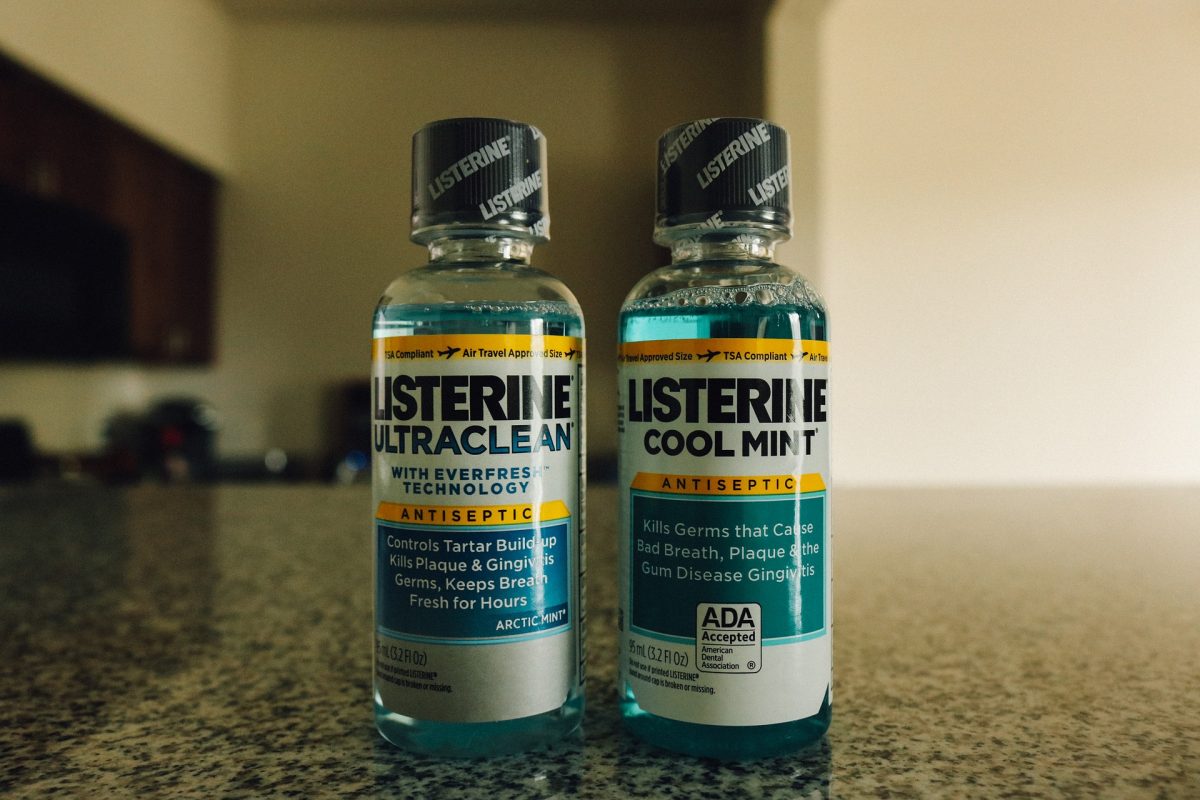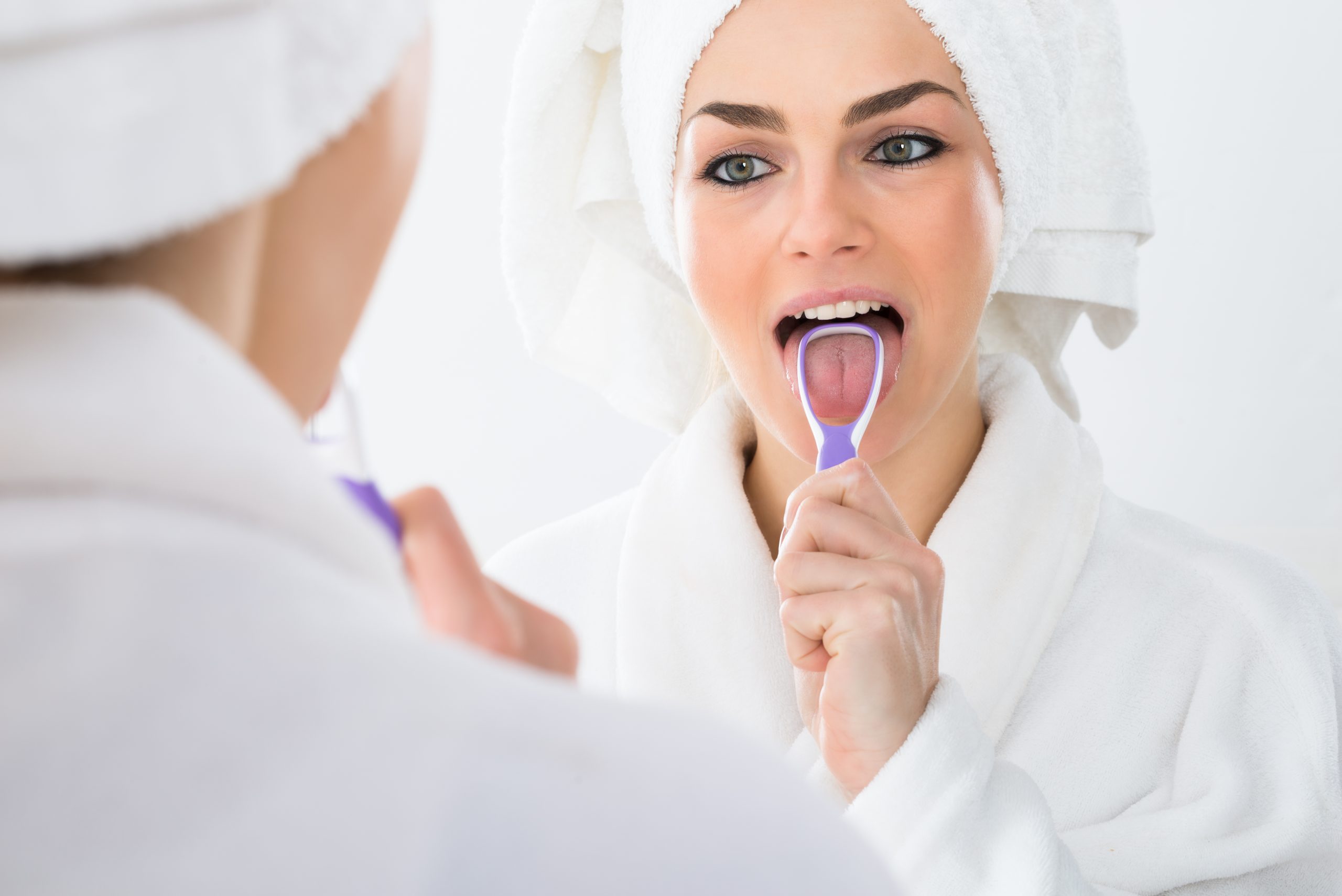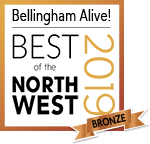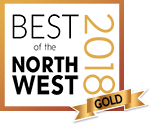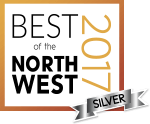Alveolar osteitis, more commonly known as dry socket, is a temporary complication that can occur following a tooth extraction. Fortunately, it is rare, preventable, and short-lived. Here are some tips to help avoid dry socket after oral surgery and ensure a quick and comfortable recovery.
What is Dry Socket?
When your tooth is extracted, a blood clot forms in te space left behind. This clot helps to block the underlying bone, gum tissue, and nerves from bacterial infection or food debris while the extraction site heals. In rare cases, the clot can be dislodged or not form correctly, which can leave the site exposed. This is dry socket.
The most common sign of dry socket is a throbbing, deep-set discomfort from within the extraction area. A foul smell may emanate, causing bad breath as well as an unappealing taste in your mouth. If this occurs, contact our office right away.
Risk Factors and Prevention
Developing dry socket is rare, but certain factors can put you at increased risk. Tobacco use, oral contraceptives, poor oral hygiene, or gum infection around the extraction site can increase your chances. To prevent dry socket, avoid using straws, brushing the extraction area, or rinsing your mouth vigorously during healing. Follow your post-treatment instructions and contact our dentist in Bellingham WA if you have questions.
Treatment and Recovery
If you do develop dry socket, we will provide quick, effective treatment. Our Bellingham dentist will flush the area to remove any debris, and pack the extraction site with gauze or other dressing. Medication may be prescribed to help reduce discomfort. It is important to attend follow-up appointments to ensure your timely recovery.
Dry socket is rare, and is temporary and treatable when it does occur. Our experienced team will guide you throughout your recovery. For more information on post-extraction care, contact our Bellingham WA dentist.




